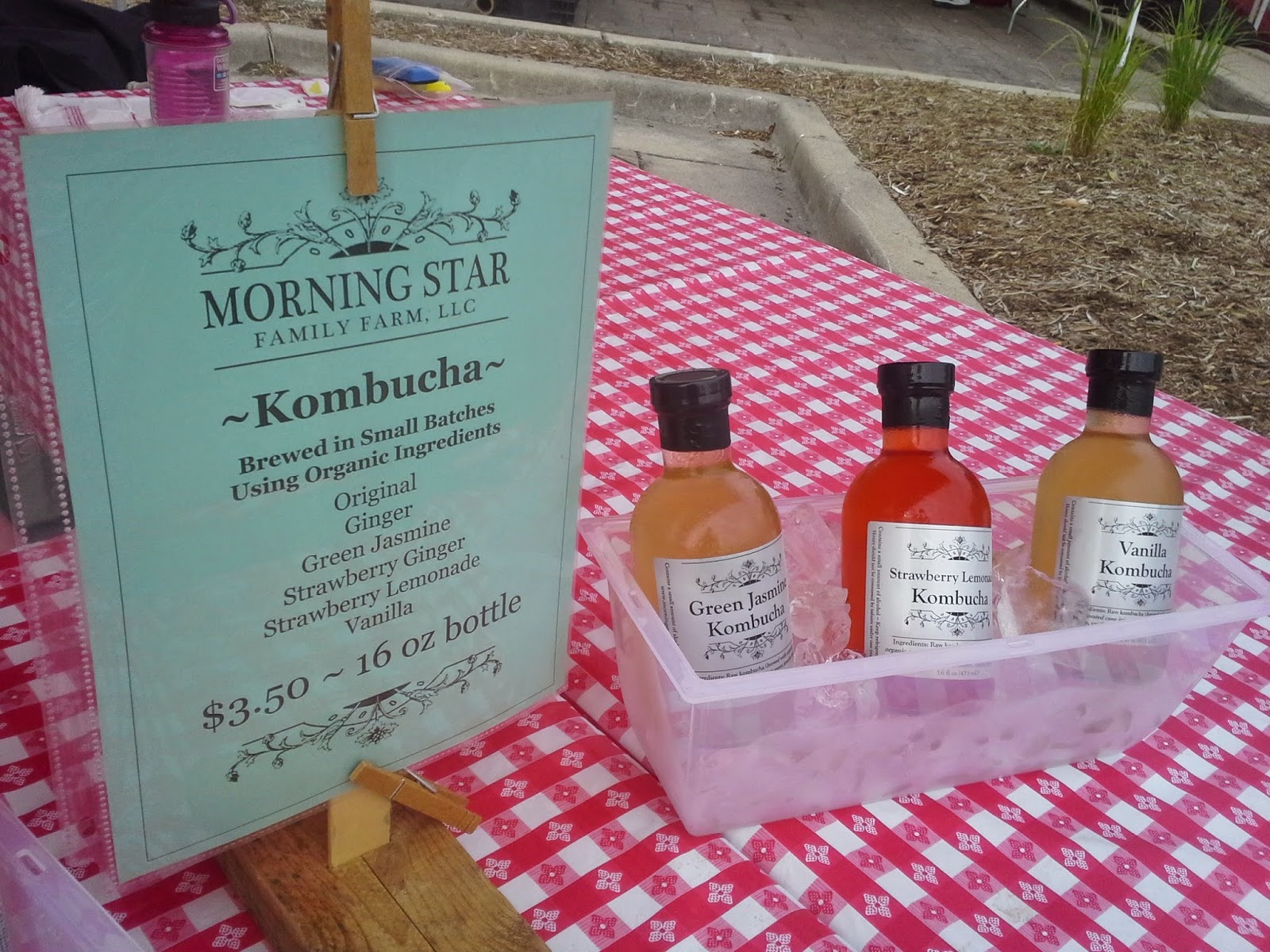Winter sure came fast this year and, with it, an early
cold and flu season. There is a folk
remedy making a recent comeback that may make this year’s sniffles the easiest
to conquer yet. Dating back to Roman
times, elderberry syrup has traditionally been used to improve health and
promote longevity. Over the past ten
years, various studies have been undertaken to explore these benefits; their
findings show great promise.
Native to Wisconsin, elderberries contain very high
levels of the antioxidant, anthocyanin,
giving elderberries an oxygen radical absorbance capacity score double that of
blueberries. When absorbed into the blood
vessels’ inner membranes, anthocyanin
decreases inflammation, improving circulation and decreasing heart disease and
stroke risk.
Perhaps elderberry’s most well-known attribute is its
ability to ward off viruses. This comes
through the action of a potent antiviral component, antivirin, which affects the properties of viruses, preventing them
from entering cells in order to replicate. Add to that more naturally-occurring
Vitamin C than oranges, and elderberry syrup defeats the common cold with a
one-two punch.
While many Americans are first learning of elderberry’s
benefits, people around the globe have been enjoying the effects of elderberry
extract for decades. Because of its
immune-stimulating effects, Israeli hospitals use elderberry syrup in treating
cancer and AIDS patients. Studies in
Austria revealed that elderberry extract reduced oxidation of LDL (“bad”)
cholesterol. When elderberry syrup was
given to patients during a 1993 outbreak of H1N1 flu virus in Panama, 90% were
symptom-free within 2-3 days.
The recommended dose for elderberry syrup when treating
flu symptoms, and the one commonly used in studies, is one tablespoon four
times per day for 3-5 days. Children can
also benefit from taking elderberry syrup; their recommended dose is one
tablespoon twice daily for three days.
The syrup can be taken straight from a spoon, mixed with hot water to
make a tea, or even blended into smoothies.
At Morning Star Family Farm in Hartford, Wisconsin, we
not only grow elderberries without chemicals, pesticides, or herbicides, we
also handcraft our own elderberry syrup.
Available at the farm and at limited local stores, our syrup is as
delicious as it is immune-stimulating.
It is one more way we provide a link from our farm to your table.


























